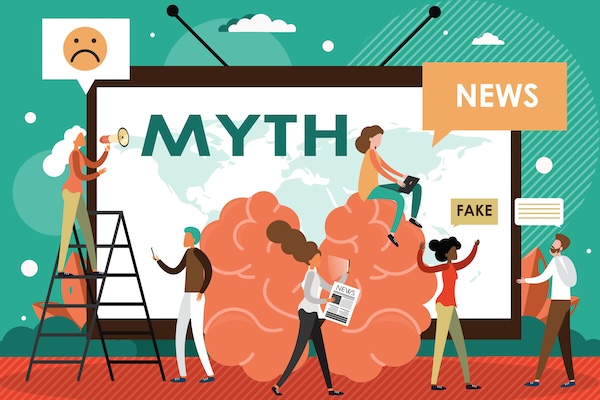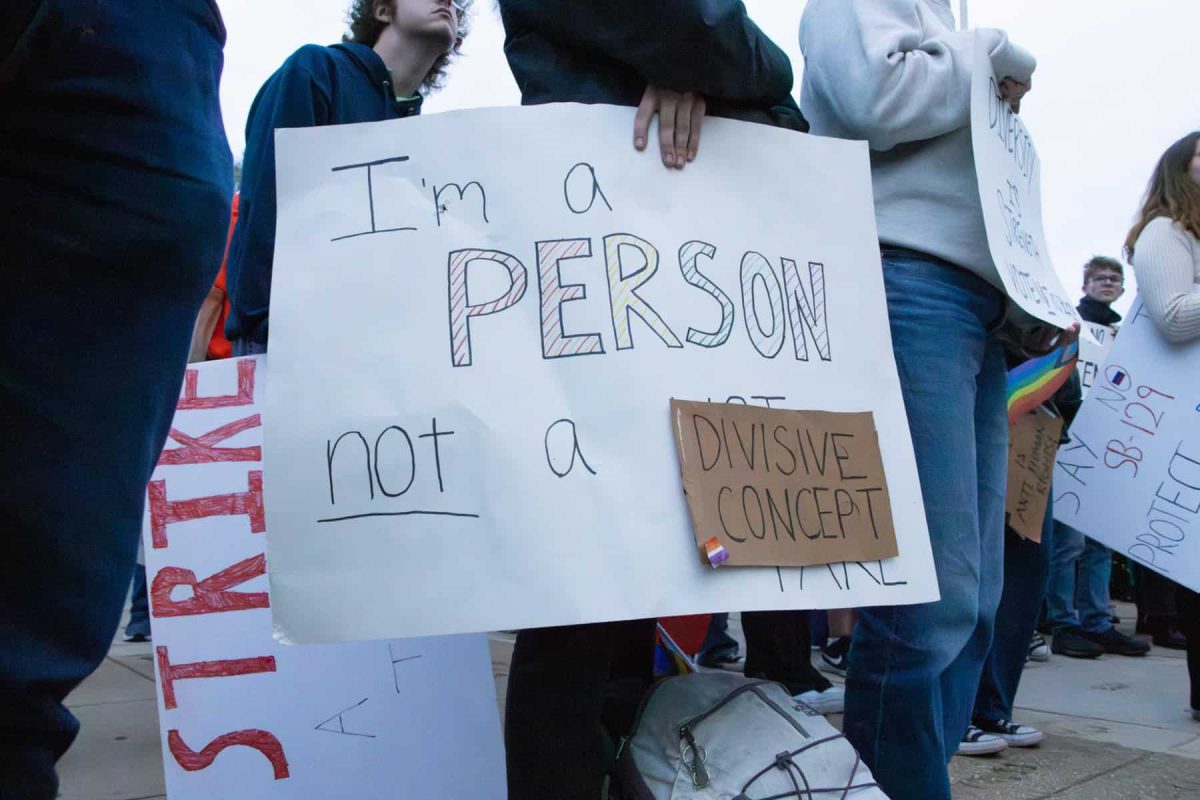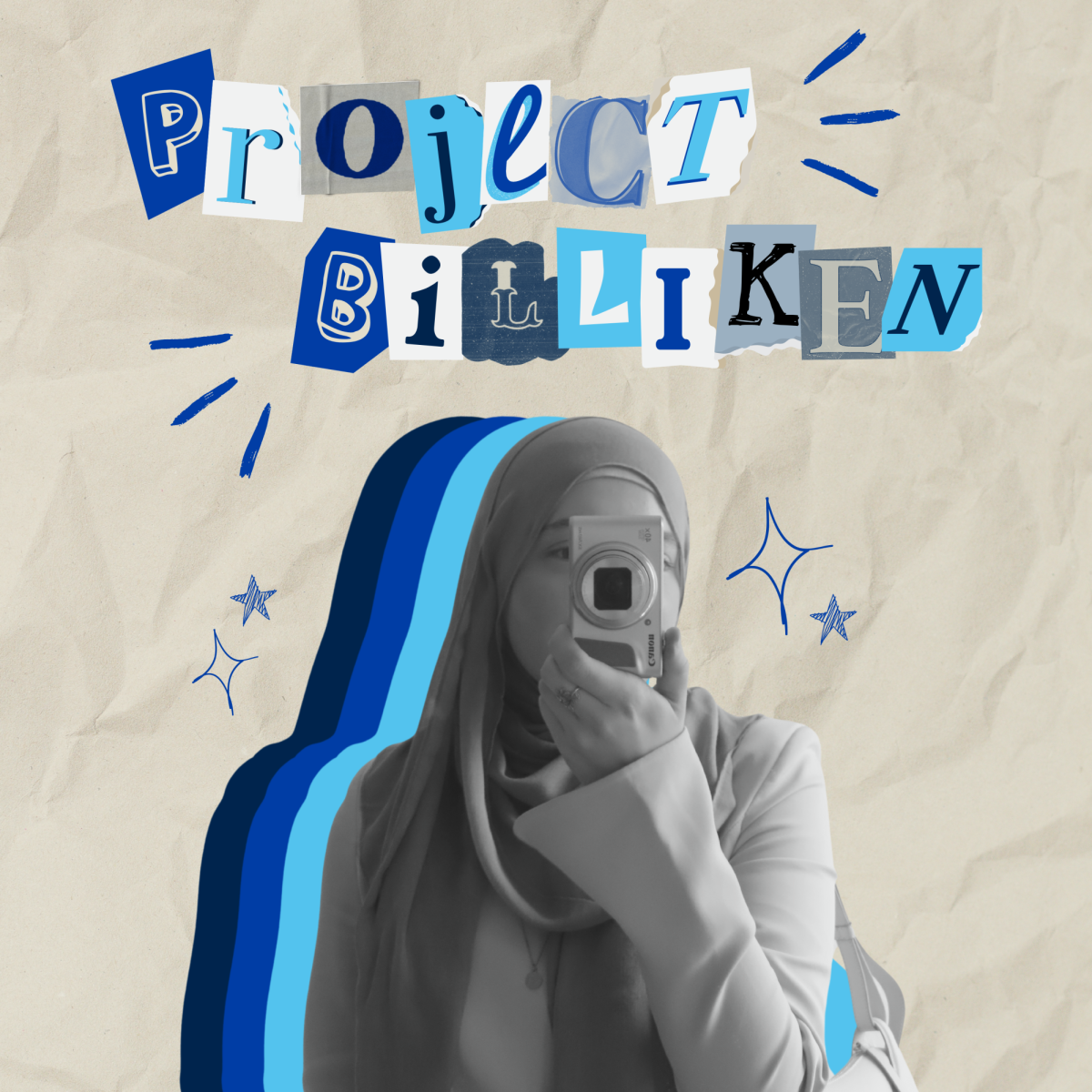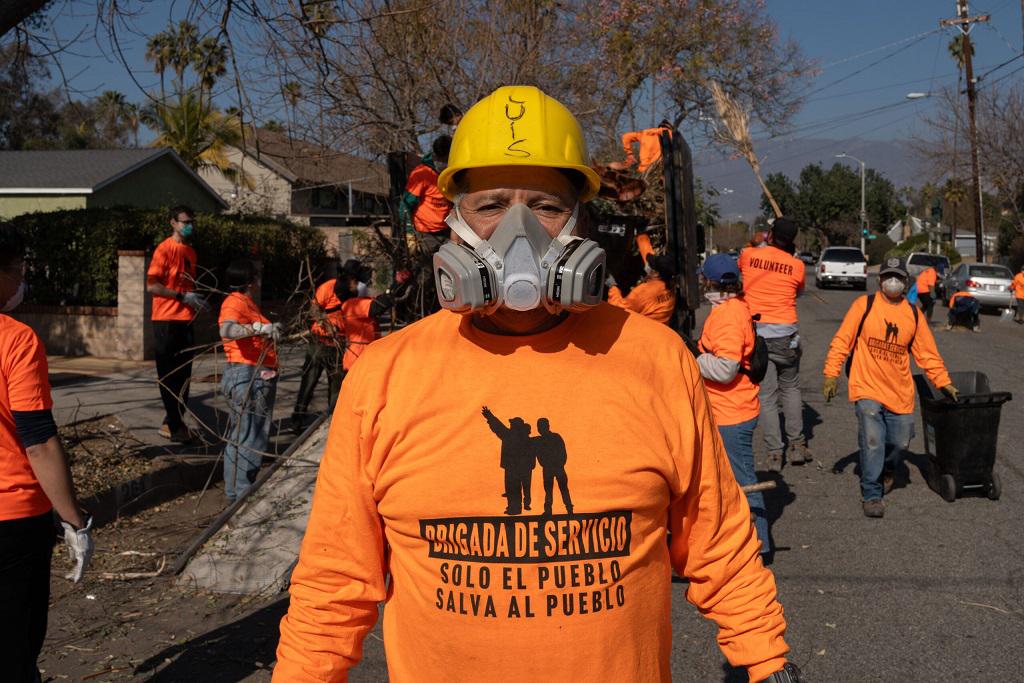Learning does not stop when you graduate high school, college, or obtain any sort of degree. It is a lifelong process, and we are all responsible for participating in it. The way we consume media directly impacts our understanding of the world, shaping our perspectives, beliefs and ability to engage in meaningful conversations. However, in an era of bite-sized content — 30-second videos, short social media posts and attention-grabbing headlines — it’s easy to mistake surface-level engagement for true knowledge.
Short-form content has its place. It can introduce new ideas, provide quick updates or entertain. But it is often oversimplified, stripped of necessary context and inherently biased because it is only a small part of a larger conversation. If we rely solely on these snippets, we risk developing shallow perspectives and reinforcing echo chambers. True learning requires depth, nuance and critical thinking — things that cannot be condensed into a single viral clip.
This is why long-form media is so important. Reading books and feature articles, listening to in-depth podcasts, watching well-researched documentaries and engaging with thoughtful discussions all contribute to a more informed and well-rounded worldview. These formats allow for complexity, present multiple viewpoints and encourage deeper reflection. They challenge us to think critically, ask questions and recognize the broader context behind any issue.
Being an active participant in media consumption means seeking out diverse perspectives, questioning sources and understanding that knowledge is not static — it evolves. In a world flooded with information, the responsibility to stay informed and continue learning falls on each of us. Choosing depth over convenience, engagement over passivity and education over ignorance is what sets lifelong learners apart.
Fascist governments have always relied on misinformation to maintain control. The less people know, the easier they are to manipulate. Historically, authoritarian leaders have sought to suppress education, limit access to diverse viewpoints and flood the public with propaganda to create a population that does not question authority.
We are seeing the same patterns play out in the United States today, particularly in how education is being targeted as a political battleground. Republican lawmakers are counting on the fact that people are not educated enough to recognize the harmful effects of the new legislation they are introducing.
There are already significant educational disparities between red states and blue states, with many conservative-led states restricting curricula, banning books and downplaying critical thinking in favor of ideological conformity to “traditional Catholic values.” This is not accidental.
A well-educated population is harder to control because education fosters curiosity, skepticism and the ability to challenge false narratives. It is much easier to govern a population that lacks these tools.
This is exactly why Trump and his allies have consistently attacked the Department of Education. By weakening national education standards, they create an environment where misinformation thrives, and people are more likely to accept whatever they are told without questioning it. It is also why Trump has a well-documented disdain for fact-checkers and independent journalism — because the more people question his claims, the less power he has over them.
Many of Trump’s supporters do not actually believe in all of his policies or even fully understand them. Instead, they blindly follow his rhetoric, trapped in ideological bubbles where misinformation is constantly reinforced.
Religious indoctrination plays a role as well — those who have been conditioned to accept authority without question are more likely to apply the same mindset to political leaders. The result is a base that remains fiercely loyal, not because of an informed agreement with his positions, but because they lack the critical thinking skills to see beyond the narratives they are fed.
This is why media consumption matters. A society that prioritizes education and critical thinking is a society that is harder to deceive. Engaging with long-form, well-researched content is not just about personal growth — it is a political act. It is a commitment to truth, to resisting propaganda and to ensuring that future generations inherit a world where knowledge is valued over blind obedience.
All content under the opinion section is not a direct reflection of The University News, but expresses the opinion of the writer, not necessarily the organization as a whole.










